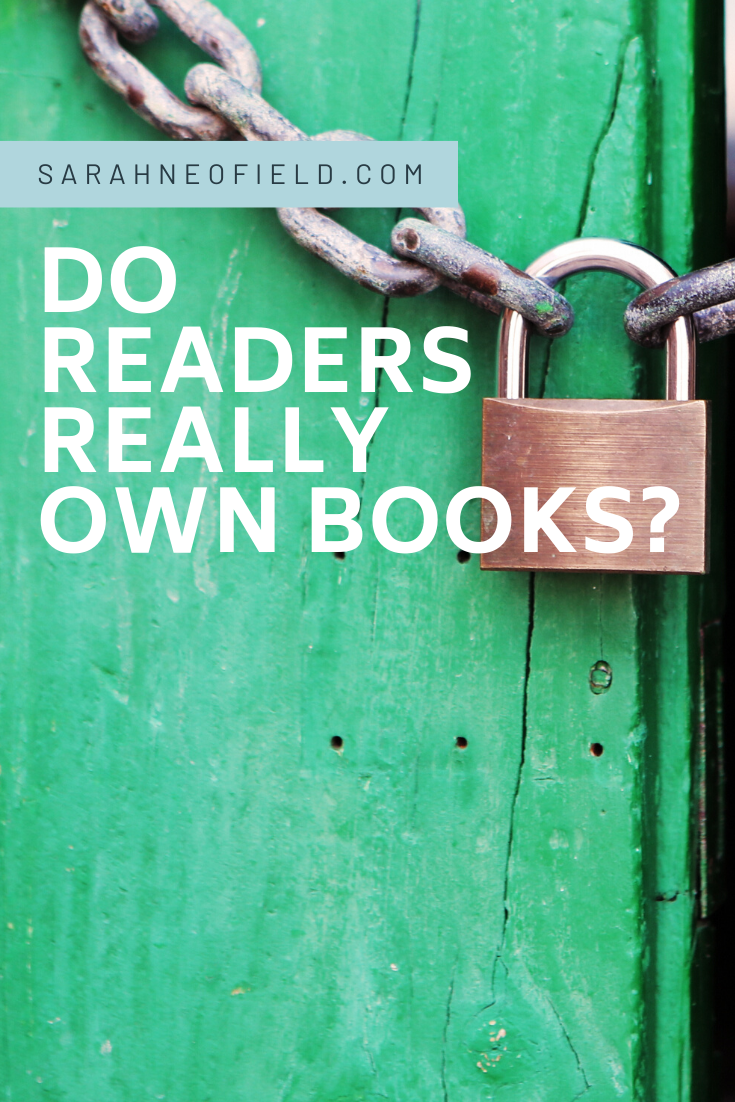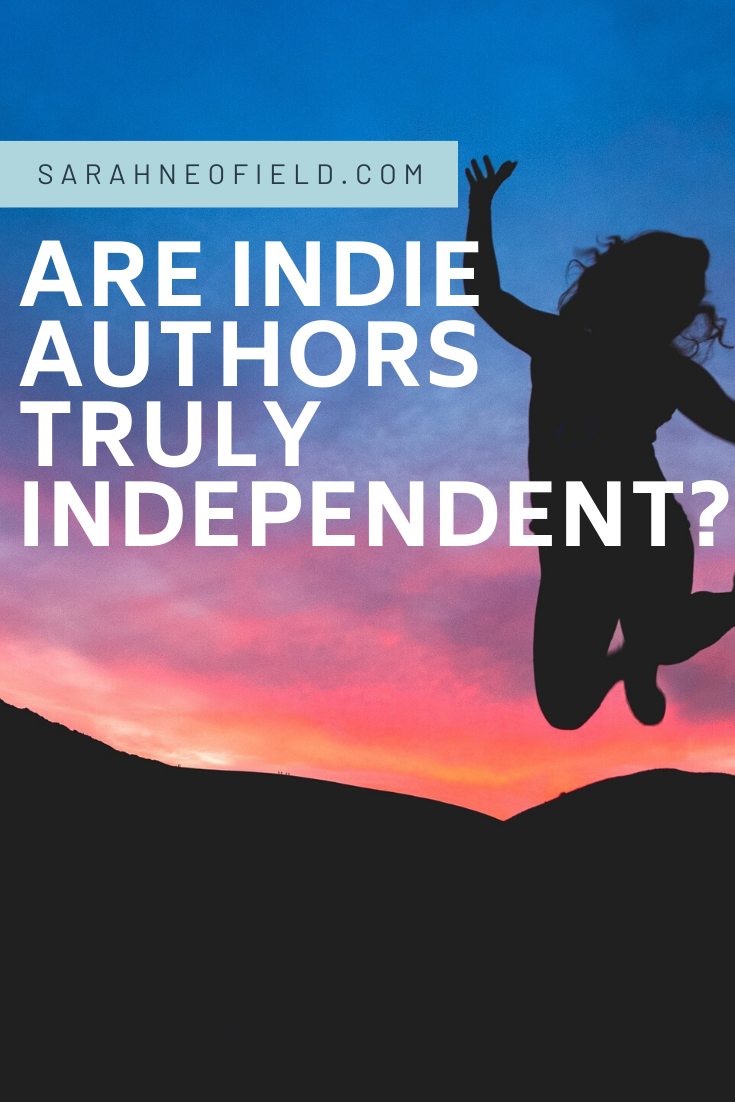As interesting as patterns across bestselling novels over time may be, looking only at successful books tells us nothing about whether a book’s title is instrumental in helping it sell – first, perhaps, to an editor, and later, to readers. The trends observed in my previous post could simply be trends in book titles in general, as opposed to patterns that set apart bestsellers from the pack. To really understand what (if anything) defines a bestselling title, we need to look at books which most definitively are not bestsellers, too.
To this end, I surveyed 35 books from Amazon’s contemporary fiction category, looking for titles which were yet to attract a single review, and the 35 least-downloaded fiction books on Smashwords, and then analysed their titles according to the same measures in my previous post: length, most common words, first words, and first letters of the titles.
Despite the question posed in the title of this post, the vast majority of these books are not trash. On the contrary, the majority of the 70 books surveyed appear to be well-presented, presumably well-written books. So why aren’t they bestsellers? Is it because of their titles? Let’s take a look…
Continue reading “Trash Titles?”

